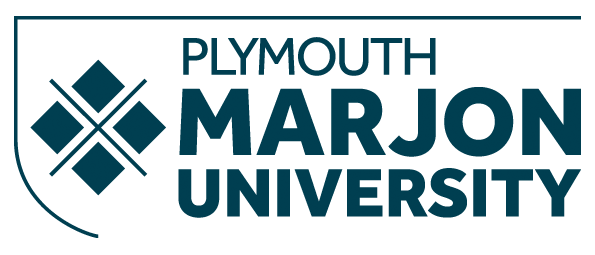Problem-based learning and proprioception (electronic book) / Boris Ebersek
Publication details: Newcastle upon Tyne : Cambridge Scholars Publishing, 2018.; 2018Description: 1 online resource ( ix, 215 pages) : illustrationsISBN:- 9781527514799 (ebk.)
- 371.39/EBE
| Item type | Current library | Collection | Class number | Copy number | Status | Date due | Barcode | Item reservations | |
|---|---|---|---|---|---|---|---|---|---|
| E-Book | Main Library Online | Electronic Resource | 371.39/EBE (Browse shelf(Opens below)) | 1 | Online |
Intro; Table of Contents; Acknowledgements; Foreword; Chapter One; Chapter Two; 2.1 Learning and Human Personality; 2.2 Cognitivism and connectionism; 2.3 Connectionism and cybernetics; 2.4 Education; 2.5 Successful competence-based learning; 2.6 Brain-based learning; 2.7 Successful teaching; 2.8 Didactics of learning theory; 2.9 Conclusion; Chapter Three; 3.1 Cognitive learning theory; 3.2 Learning and cognitive modelling; 3.3 Neuroscience, learning and memory; 3.4 Cognitive architecture; 3.5 Cognitive modelling; 3.6 Conclusion; Chapter Four; 4.1 Network systems
4.2 Connectionism and symbolic systems4.3 Genetic algorithms; 4.4 Forerunners of connectionism; 4.5 Connectionist networks; 4.6 The dynamic of connectionist; 4.7 Re-emergence the new connectionism; 4.8 Transferring theory into educational practice; 4.9 Conclusion; Chapter Five; 5.1 Exploring consciousness; 5.2 Formalization of consciousness; 5.3 Reality, space and time; 5.4 Quantum consciousness and learning; 5.5 The mind and body problem; 5.6 The computer model of the mind; Chapter Six; 6.1 Some definitions of cybernetics; 6.2 The roots of cybernetics
6.3 The background of new-age cybernetics6.4 Fourth-order cybernetics: an integrated theory; 6.5 Constructivist epistemology; 6.6 Society as cybernetic system; 6.7 Cybernetics, learning and cognition; 6.8 Cybernetics, learning and AI; 6.9 Second-order 4.0 cybernetic learning algorithm; Chapter Seven; 7.1 Knowledge, skills and competences needed in the future; 7.2 Gamification and game-based learning; 7.3 Education 4.0; 7.4 Learning environments and learning management systems; 7.5 (ITS) based on intelligent solution: LE_LMS_AI; Chapter Eight; Literature; Index
Print version record.
